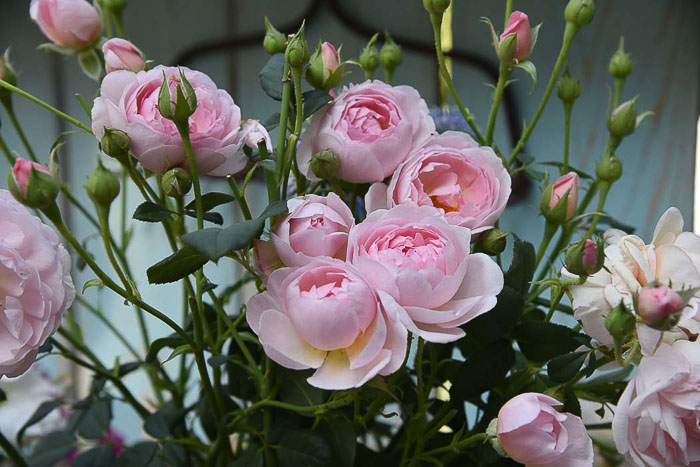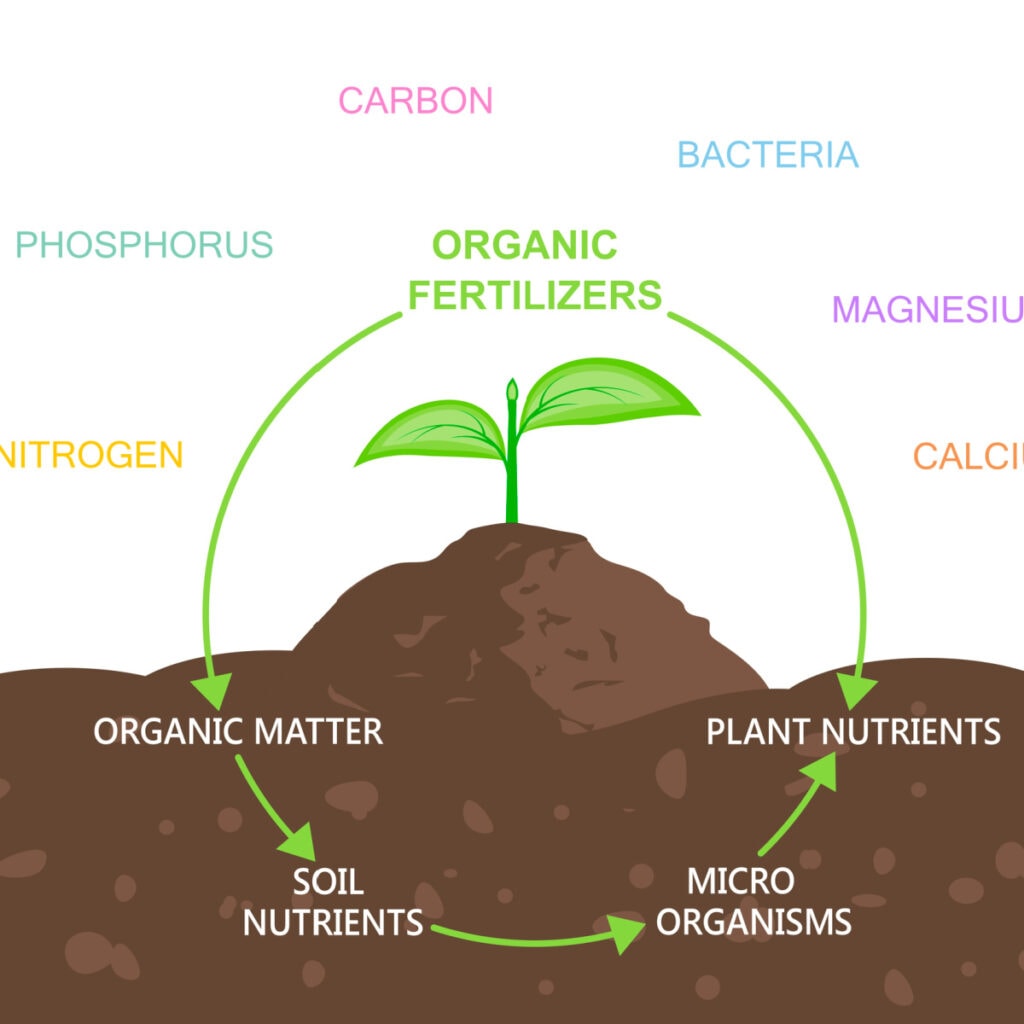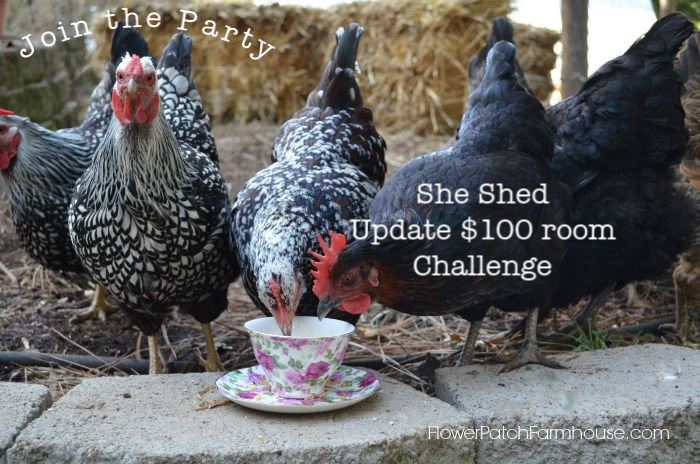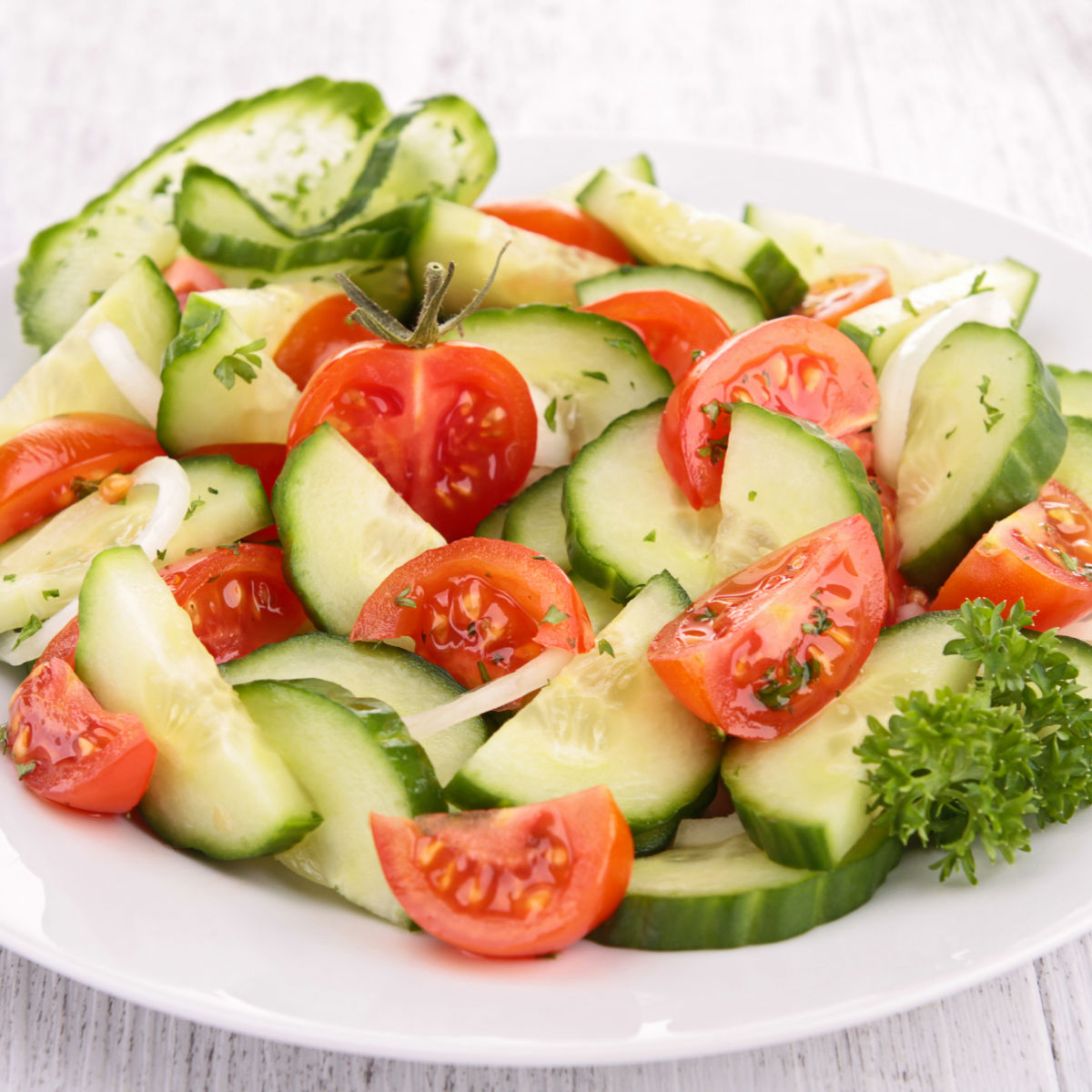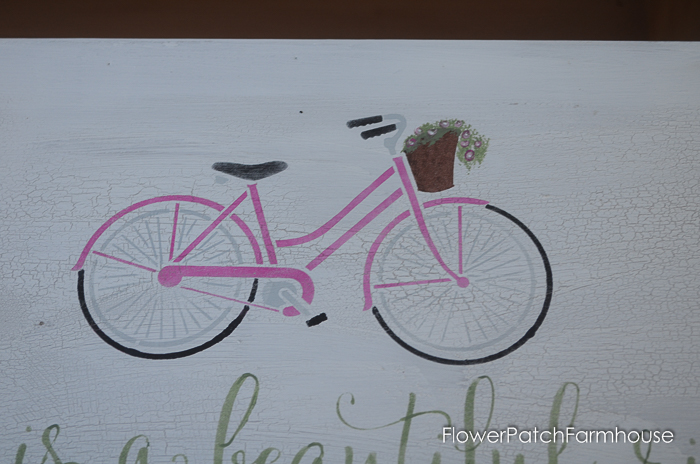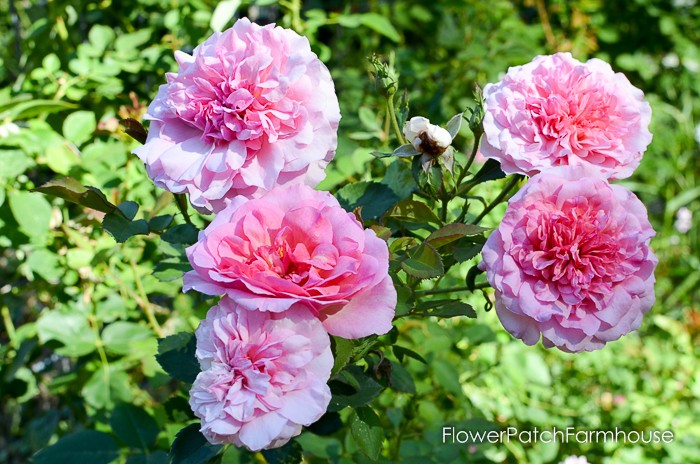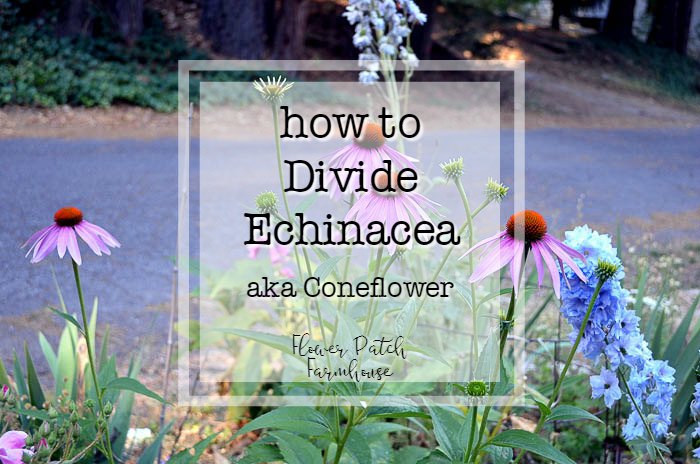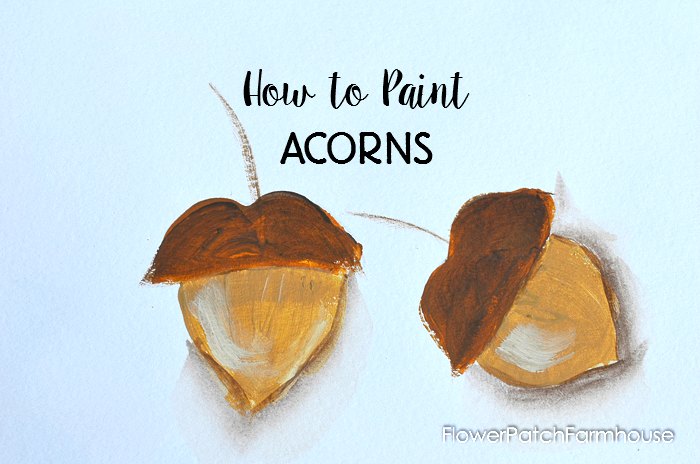Best Rose Fertilizer
Discovering the Best Rose Fertilizer – Separating Fact from Fiction!
When it comes to growing your own garden full of vibrant roses, using the right fertilizer can make a difference.
Roses are known for their stunning beauty and captivating fragrance, but achieving that level of splendor requires simple care and nourishment.
Growing Roses – Beginner Friendly!
Growing roses is not as complicated as many seem to present. You just need to know a few tips and tricks and I share them here!
Today we will explore the world of rose fertilizers and learn what you may or may not need to do when it comes to getting the best from your plants.
Many make an issue out of using the term rose food or fertilization but there is no need for a debate of semantics.
Today we will use the terms interchangeably as the slight difference is not important to what you need to know for successful rose growing.
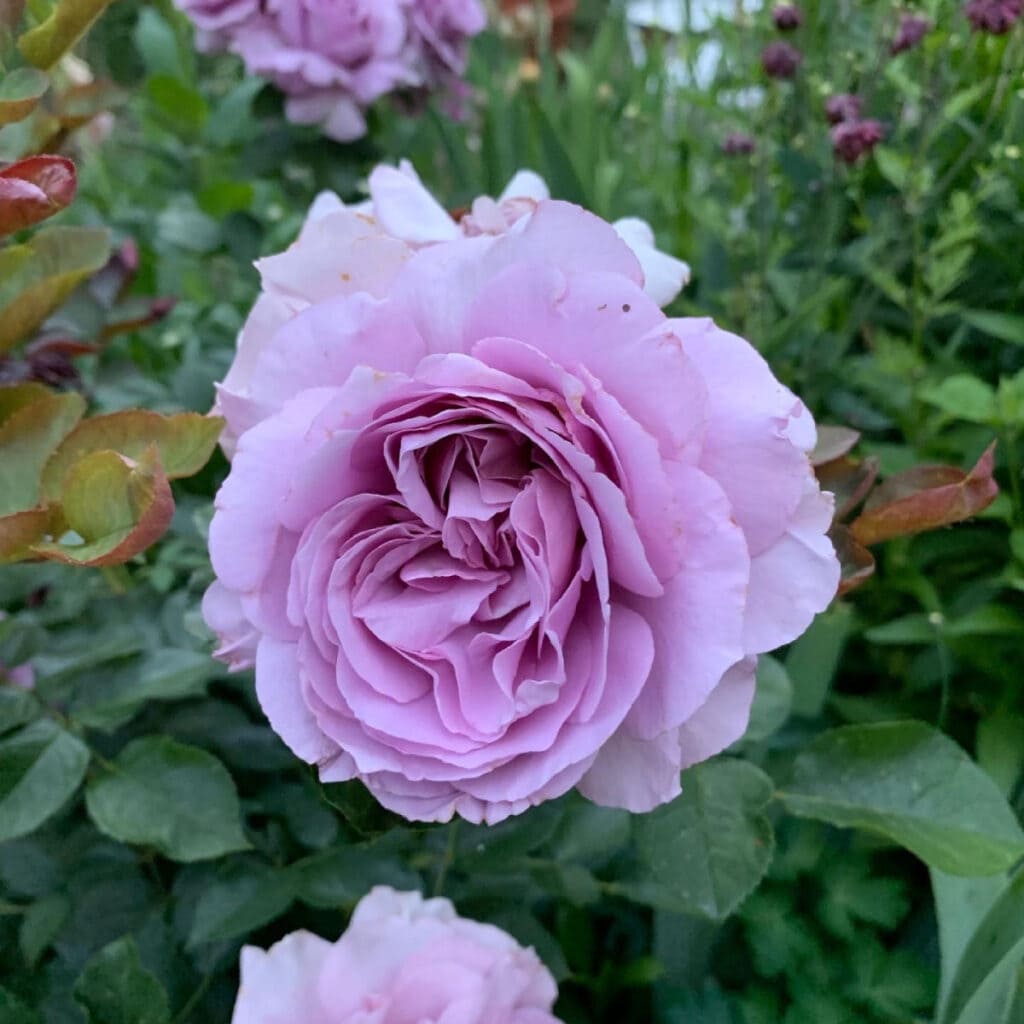
This post contains affiliate links. If you make a purchase after clicking a link I may make a small commission at no cost to you.
Importance of Rose Food
Just like any other plant, roses require essential nutrients to grow healthy and produce abundant blooms.
Fertilizers provide these necessary elements that may be lacking in the soil, giving roses the fuel they need to thrive.
A well-fed rose plant not only exhibits stronger growth and resistance to pest attacks but also will put on larger and more vibrant flowers.
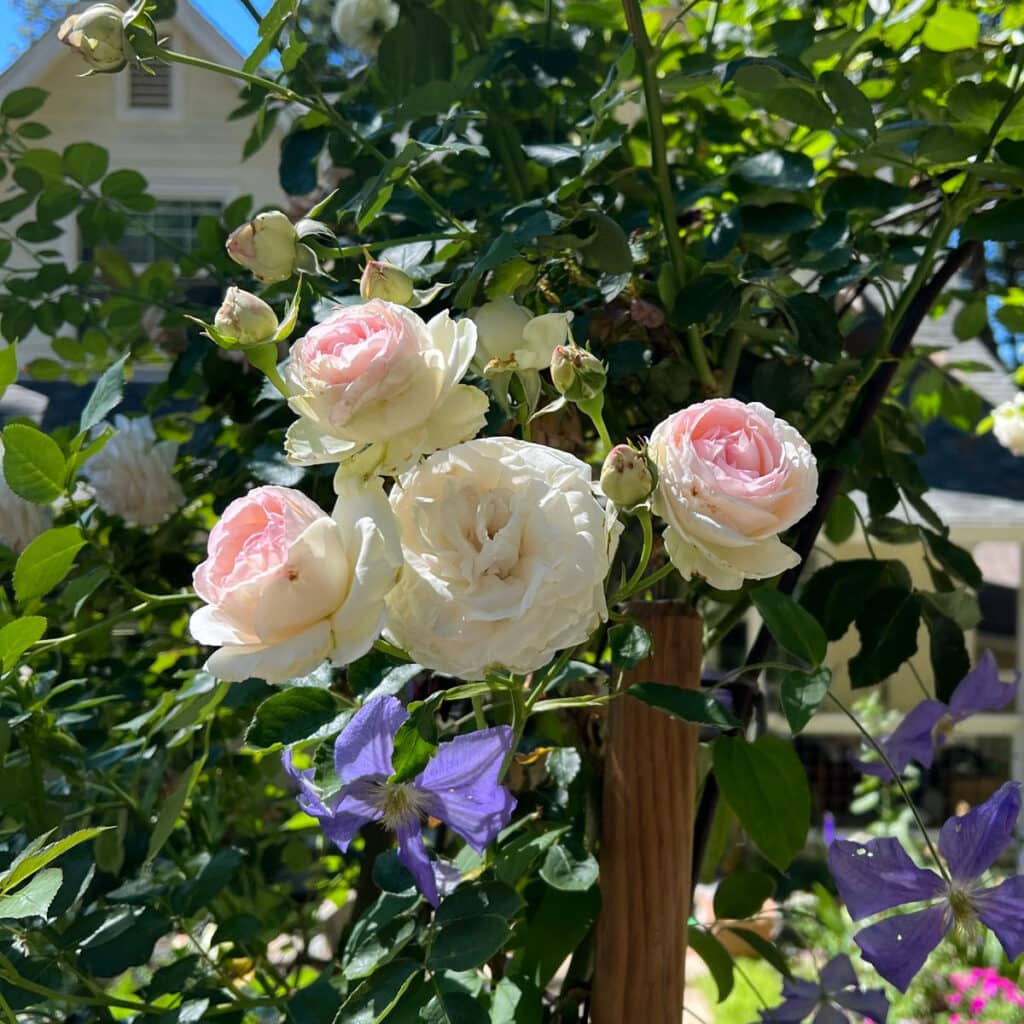
Here is something important I want you to know, growing roses is no more difficult than other shrubs and we need to remember that when adding them to our gardens. I have grown roses for over 40 years now and they are very easy and rewarding for the average home gardener to grow.
A lot of garden advice around roses has been geared toward people wanting to show roses or enter contests making growing them sound difficult or fussy but I assure you it is not.
The very best thing you can do for beautiful, healthy roses is to start with your soil! When you have healthy organic soil you will need less fertilizer.
The Ideal Nutrients for Roses
When you choose a fertilizer it can help to understand the specific nutrients that roses require for optimal growth. (actually, this is important for most plants)
- Nitrogen (N): Nitrogen promotes foliage growth and lush green leaves, giving roses their characteristic vitality.
- Phosphorus (P): Phosphorus stimulates root development, strengthens stems, and plays a significant role in flower formation.
- Potassium (K): Potassium enhances overall plant health, improves disease resistance, and encourages robust blooming.
- Micronutrients: Iron, manganese, zinc, and other micronutrients are necessary in small quantities for optimal rose growth, supporting essential metabolic functions.
That all being said, most of the time if you compost and mulch your garden regularly these nutrients can be present already without you needing to add more.
Or if you have chickens and you compost their manure to add to your garden.
All the best garden tips
Make Your Own Compost
Making compost for a beautiful garden is fairly simple. Even small gardens can have a neat little compost bin tucked in a corner.
But let’s face it, many do not bother with adding a layer of compost to their gardens and want a quick easy feed for their roses. So here you go…
Organic vs. Synthetic Fertilizers:
When selecting a rose fertilizer, you will come across both organic and synthetic options.
Organic fertilizers are derived from natural sources, such as compost, alfalfa meal, and manure. Worm castings are another great one to use if fresh. (what you buy in bags is pasteurized and may not have all the goodness you seek)
They release nutrients slowly, providing a steady supply to the plants over time. Organic fertilizers also improve the soil structure and foster beneficial microbial activity.
There are also liquid organic fertilizers that deliver nutrients that are predigested to the plants while feeding the soil microbes. This one is my favorite I use when I feel I need to give things a boost.
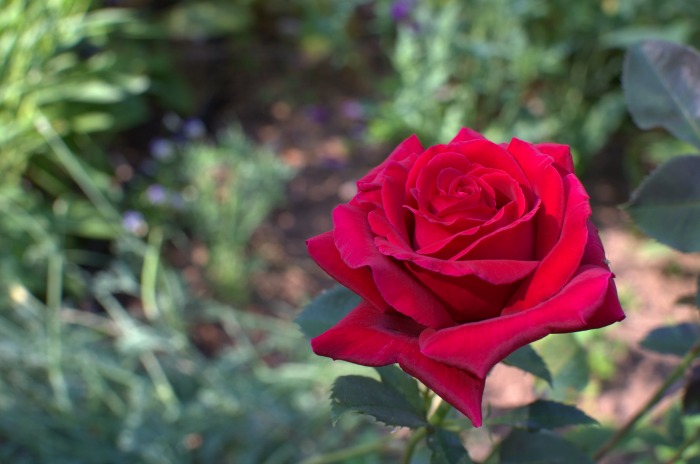
On the other hand, synthetic fertilizers are manufactured chemically, typically in a concentrated form. They deliver nutrients quickly and can be tailored to meet specific plant requirements.
Synthetic fertilizers are often water-soluble, making them readily available to the plants but also increasing the risk of over-fertilization if not used correctly.
I personally do not like using chemical fertilizers as they can interfere with the soil microbes’ relationship with the plants which is crucial for long-term success.
The number one mistake gardeners make in their gardens!

The Best Rose Fertilizer?
The common myth about fertilizers is that you need to buy a plant-specific type. AKA, tomato fertilizer, rose fertilizer, etc. Quite frankly that is all marketing and not about gardening.
A case in point, search on the internet for rose fertilizers and you will see a range of NPK ratios on the packaging yet all of them claim to be for roses.
So, who is correct?
Studies have found that the ideal NPK fertilizer ratio for flowering plants (not just roses) is 3-1-2. (That’s 3% Nitrogen, 1% phosphorus & 2% potassium.)
So that ratio can look like 3-1-2 or 6-2-4 or 9-3-6, are you getting the gist?
One thing I think is important to note here is you DO NOT NEED TO USE EPSOM SALTS in your garden and here is why.
Types of Rose Food
Granular Fertilizers
Granular rose fertilizers are commonly used and come in a slow-release or water-soluble form.
Example, David Austin Rose food is granular. sadly, they no longer offer this it seems.
Another granular feed that is popular and easy to use is Rose Tone by Espoma. I have used this myself and found it very effective. Slow-release granules gradually release nutrients over an extended period, providing a steady supply to the plants.
Water-soluble granules dissolve quickly in water and are absorbed rapidly by the roots, offering immediate nourishment.
Liquid Fertilizers
Liquid rose fertilizers are often concentrated solutions that can be mixed with water and applied directly to the soil or foliage.
They are quickly absorbed by the plants, making them a popular choice for foliar feeding, which helps deliver nutrients directly to the leaves. (foliar feeding is a hotly debated thing, some claim it is useless and others swear by it)
Many like to use Fish Emulsion and Heirloom roses have their version.
My favorite is Agrothrive and what I like about it is it feeds the microbial life in the soil which is the main goal of any regenerative gardener.
It will also not interfere with the plant and soil interaction which is crucial for long-term success.
Organic Fertilizers
Organic rose fertilizers are derived from natural sources, such as compost, manure, bone meal, fish emulsion, and seaweed extract.
They are gentle on the environment and many provide a slow-release of nutrients, promoting long-term soil health.
Remember to follow the recommended application rates and schedule, and be mindful of the potential risks of over-fertilization.
With the right care and nourishment, your roses will reward you with a breathtaking display of blossoms, exuding timeless elegance and fragrance.
Here is a huge warning…bone meal attracts critters to dig in your garden. It is also a contested amendment as it can hinder growth rather than aid it.
If you add phosphate (bone meal) to your rose plants while planting, you will decrease the ability of mycorrhizal fungi to colonize the rose roots. Without these fungal partners, rose roots must work harder to draw up water and nutrients from the soil.
Moreover, this excess phosphate is injurious to other soil organisms (these are the guys that really feed your plants).
You can read more about Bone Meal here and why you really need to question the wisdom of using it.
With increased fertilizer additions, soil salinity increases. You have now created an
artificial system in which soil health is so impacted that you must continue to add fertilizer for your plants to survive. (source)
How to Regenerate Your Soil
Use less fertilizer and grow healthy plants that need less water and pampering.
Applying Rose Fertilizers
When to Fertilize Roses
Start fertilizing your roses in early spring, just as new growth begins.
Repeat applications every four to six weeks during the growing season, tapering off in late summer to prepare the plants for dormancy.
(follow the directions on the product you use, they may differ from this)
Soil Preparation
Before applying fertilizers, ensure the soil is well-draining and adequately amended with organic matter.
This improves nutrient uptake and overall plant health. (see How to Build Healthy Organic Soil)
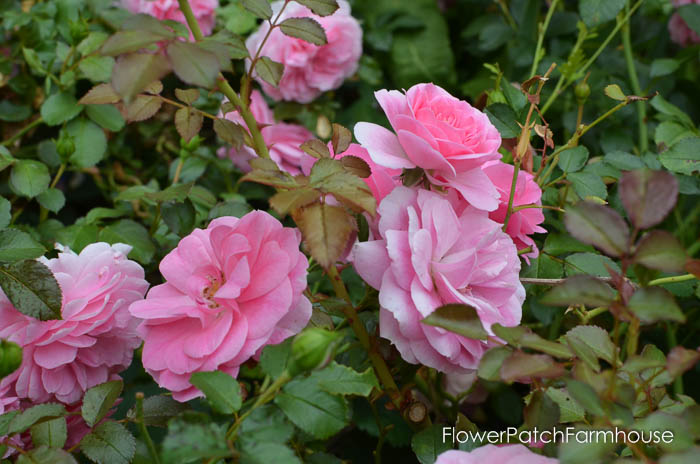
Application Techniques
Follow the package instructions for the specific fertilizer you choose. Granular fertilizers can be sprinkled evenly around the base of the plants, avoiding direct contact with stems or foliage.
Liquid fertilizers can be applied directly to the soil or sprayed on the leaves.
Watering
After applying fertilizers, water the plants deeply to help nutrients reach the roots. Avoid excessive watering, as it can leach away essential nutrients.
Container Roses will differ in their needs, see How to Grow Roses in Pots for more specifics on their care.
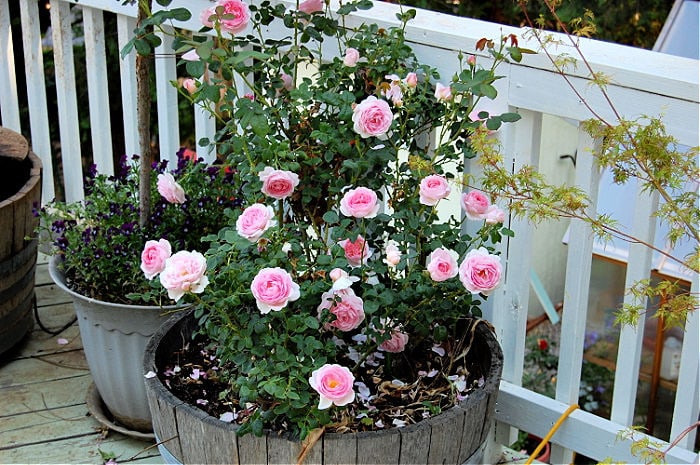
Tips for Optimizing Rose Fertilization
Regularity:
Consistency is key when fertilizing roses. Stick to a regular schedule to ensure a steady supply of nutrients throughout the growing season.
If you are focused on soil health then this is a moot point. The microbes in the soil will know when and how much to feed your roses so you don’t have to!
Observation:
Observe your roses regularly for any signs of nutrient deficiencies or excesses. Adjust your fertilization practices accordingly to address any issues.
I like to do this when I take my morning or evening garden walk. It is a great way to relax as well as to check on your plants.
Pruning and Deadheading:
Regular pruning and deadheading can help redirect the plant’s energy toward healthy growth and blooming.
Combine these practices with appropriate fertilization for maximum effect.
Soil Testing:
Periodically test your soil’s pH level and nutrient content. This information will help you choose the right fertilizer and make any necessary amendments. It may also tell you that you may not need fertilizer at all.
Fertilization can be a vital aspect of rose care that should not be overlooked. But good soil health is even more important.
With patience, diligence, and the right feeding practices, your roses and garden will thrive, rewarding you with a breathtaking display year after year.
Happy gardening!
